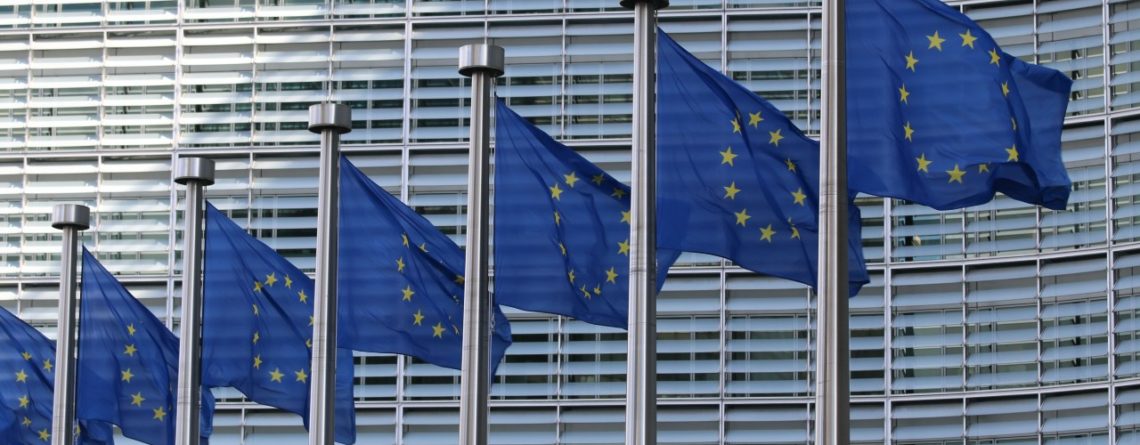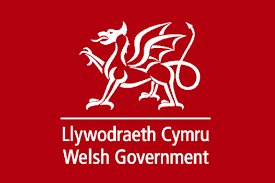DCMS issues guidance on how telecoms businesses will be impacted by the UK leaving the EU
The Department for Digital, Culture, Media and Sport (DCMS) has today issued guidance on the new rules affecting telecoms companies in the UK once the transition period ends on 31 December 2020.
During the transition period (1 February–31 December 2020) the UK electronic communications regulatory framework is mainly contained within:
The EU Common Regulatory Framework is implemented through the above legislation.
This domestic legislation governs the regulation of the telecoms markets, guarantees basic user rights, and sets out the powers and duties of Ofcom as the national regulator, including how radio spectrum in the UK is managed.
There is further guidance on what will happen on 1 January 2021, as parts of the UK electronic communications regulatory framework would no longer be appropriate without corrections, for example the requirement to notify matters to the European Commission.
The UK framework also includes references to the EU’s objective of promoting the Single Market, and cross-references to EU obligations and Commission Recommendations that Ofcom, the UK’s communications regulator, will no longer have to comply with.
Impact on the telecoms industry from 1 January 2021
DCMS states that it does not expect significant impacts on how businesses operate under the telecoms regulatory framework and how consumers of telecoms services are protected after 1 January 2021.
The department explains that this is because EU-derived rules applicable to communication providers and governing the way Ofcom regulates telecoms markets are implemented in UK law, will be corrected by secondary legislation under the EU Withdrawal Act 2018. The rules on spectrum allocation and assignment would similarly be corrected so that the way Ofcom carries out these functions would be essentially unchanged.
Ofcom has always been able to and will continue to tailor its regulatory approach to the needs of the UK telecoms market. This approach would continue to be founded on the regulatory principles implemented presently in UK law, which aim to encourage competitive markets and guarantee consumer rights.
UK telecom operators will continue to be able to provide cross-border telecoms services and operate within the EU, under the World Trade Organisation’s General Agreement on Trade in Services (GATS).






